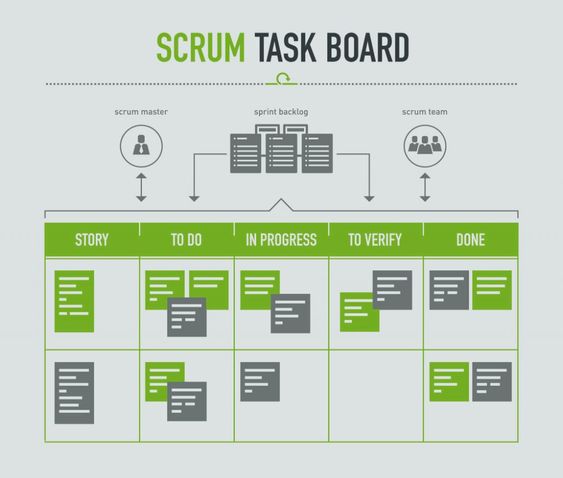What is a Scrum Master?
A Scrum Master is a facilitator and coach who helps teams work together and achieve their goals. The role originated in software development but is now commonly used across different industries.
The Responsibilities of a Scrum Master
The Scrum Master has several responsibilities, including:
– Facilitating the Scrum process: The Scrum Master helps team members understand and follow the Scrum framework.
– Removing obstacles: The Scrum Master removes any obstacles that prevent the team from achieving their goals.
– Coaching the team: The Scrum Master coaches the team on best practices and helps them improve their processes.
– Ensuring the team is productive: The Scrum Master makes sure the team is working efficiently and effectively.
– Protecting the team: The Scrum Master shields the team from outside distractions and interruptions.
– Building a positive team culture: The Scrum Master fosters teamwork, collaboration, and a positive work environment.
Why is a Scrum Master Important?
A Scrum Master is crucial to the success of a project because they play a key role in helping teams work together and achieve their goals. By facilitating the Scrum process, removing obstacles, coaching the team, and protecting them from distractions, the Scrum Master helps ensure the team is productive and efficient.
How Does a Scrum Master Work?
A Scrum Master works closely with the team to ensure they are following the Scrum framework and using best practices. They also work with other stakeholders and facilitate communication between team members and external parties.
How to Become a Scrum Master
To become a Scrum Master, you need to have a thorough understanding of the Scrum framework and its principles. You can gain this knowledge through training and certification programs, such as those offered by Scrum.org and the Scrum Alliance.
The Benefits of Having a Scrum Master
Having a Scrum Master can provide numerous benefits, including:
– Improved productivity: The Scrum Master helps the team work more efficiently and effectively, which can improve productivity.
– Better collaboration: The Scrum Master fosters teamwork and collaboration, which can lead to better outcomes.
– Increased transparency: The Scrum Master ensures that everyone is aware of what’s happening within the project, which can increase transparency.
– Reduced risk: The Scrum Master helps the team identify and mitigate risks, reducing the likelihood of issues arising.
You might find these FREE courses useful
- What Is a Scrum Master (and How Do I Become One)?
- Modalidades organizacionales ágiles en base a la MetodologÃxada Scrum
- Project Practicum with Multiple Projects
- Scrum Master Certification: Scrum Methodologies
Conclusion
In conclusion, a Scrum Master is a crucial role in agile projects. They facilitate the Scrum process, remove obstacles, coach the team, ensure productivity, protect them from distractions, and foster teamwork. By doing so, they can help teams work more efficiently, collaborate better, increase transparency, and reduce risk. If you’re interested in becoming a Scrum Master, consider undergoing training and certification programs to gain the necessary knowledge and skills.


